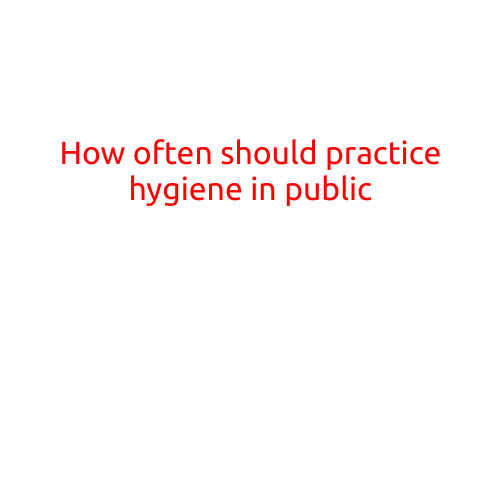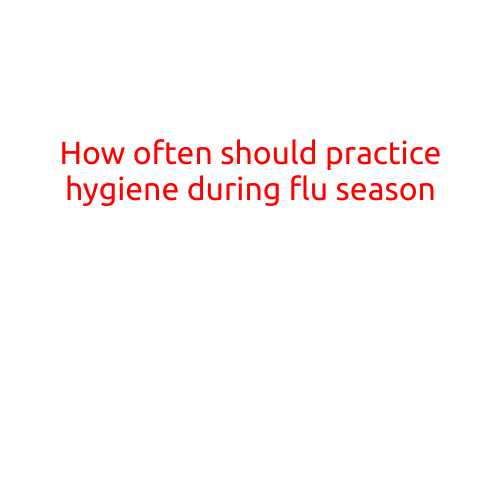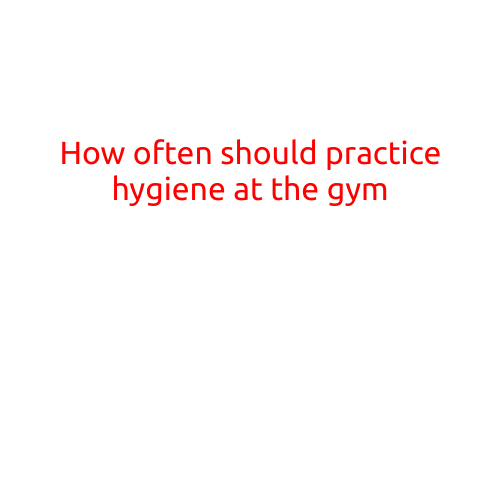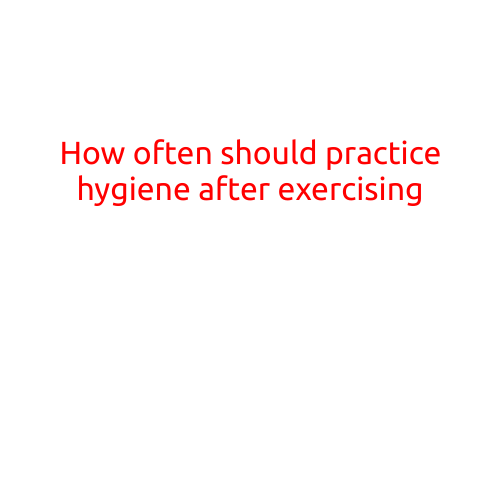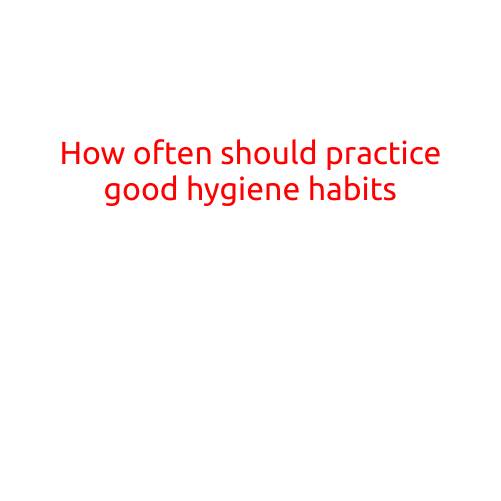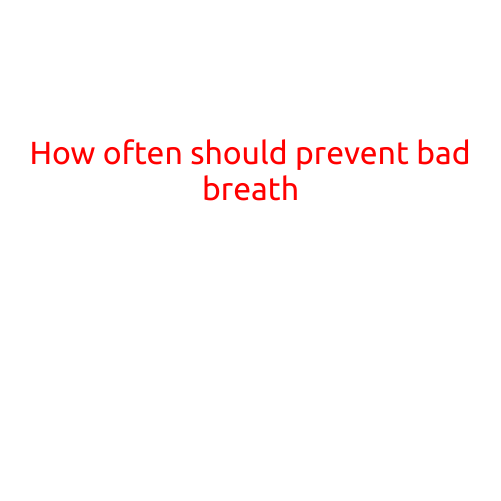
How Often Should You Practice Good Oral Hygiene to Prevent Bad Breath?
Bad breath, also known as halitosis, can be a frustrating and embarrassing condition that can affect anyone at any time. While it’s a common issue, most people are unaware that it’s often preventable with good oral hygiene practices. In this article, we’ll discuss how often you should practice good oral hygiene to prevent bad breath and maintain fresh breath.
Why is oral hygiene important for preventing bad breath?
Bad breath occurs when bacteria in the mouth break down food particles and release volatile sulfur compounds (VSCs) as a byproduct. These compounds give off a strong, unpleasant odor that’s often associated with bad breath. Regular oral hygiene practices help remove these bacteria and food particles, reducing the production of VSCs and preventing bad breath.
How often should you brush your teeth?
The American Dental Association (ADA) recommends brushing your teeth at least twice a day, in the morning and before bed, for two minutes each time. This frequency helps remove plaque, a sticky film of bacteria that can contribute to bad breath.
How often should you floss?
Flossing is an important part of oral hygiene that helps remove food particles and plaque from between your teeth and under your gumline. The ADA recommends flossing once a day, preferably before brushing your teeth.
How often should you use mouthwash?
Mouthwash can help kill bacteria and freshen your breath. You can use mouthwash once a day, morning or night, but be sure to follow the instructions on the label and don’t swallow it.
Additional tips to help prevent bad breath
In addition to regular brushing, flossing, and mouthwash use, there are several other ways to help prevent bad breath:
- Drink plenty of water: Dry mouth can contribute to bad breath, so make sure to drink plenty of water throughout the day.
- Chew sugar-free gum: Chewing gum stimulates saliva production, which can help wash away bacteria and food particles.
- Avoid strong-smelling foods: Foods like garlic, onions, and spicy dishes can contribute to bad breath, so try to avoid them or eat them in moderation.
- Visit your dentist regularly: Regular dental check-ups can help identify and treat oral health issues that may be contributing to bad breath.
Conclusion
Bad breath is a common issue that can be prevented with good oral hygiene practices. By brushing your teeth at least twice a day, flossing once a day, and using mouthwash regularly, you can help remove bacteria and food particles that can contribute to bad breath. Additionally, practicing good oral hygiene and following the tips outlined in this article can help keep your breath fresh and your mouth healthy. Remember to visit your dentist regularly to catch any oral health issues before they become serious.
